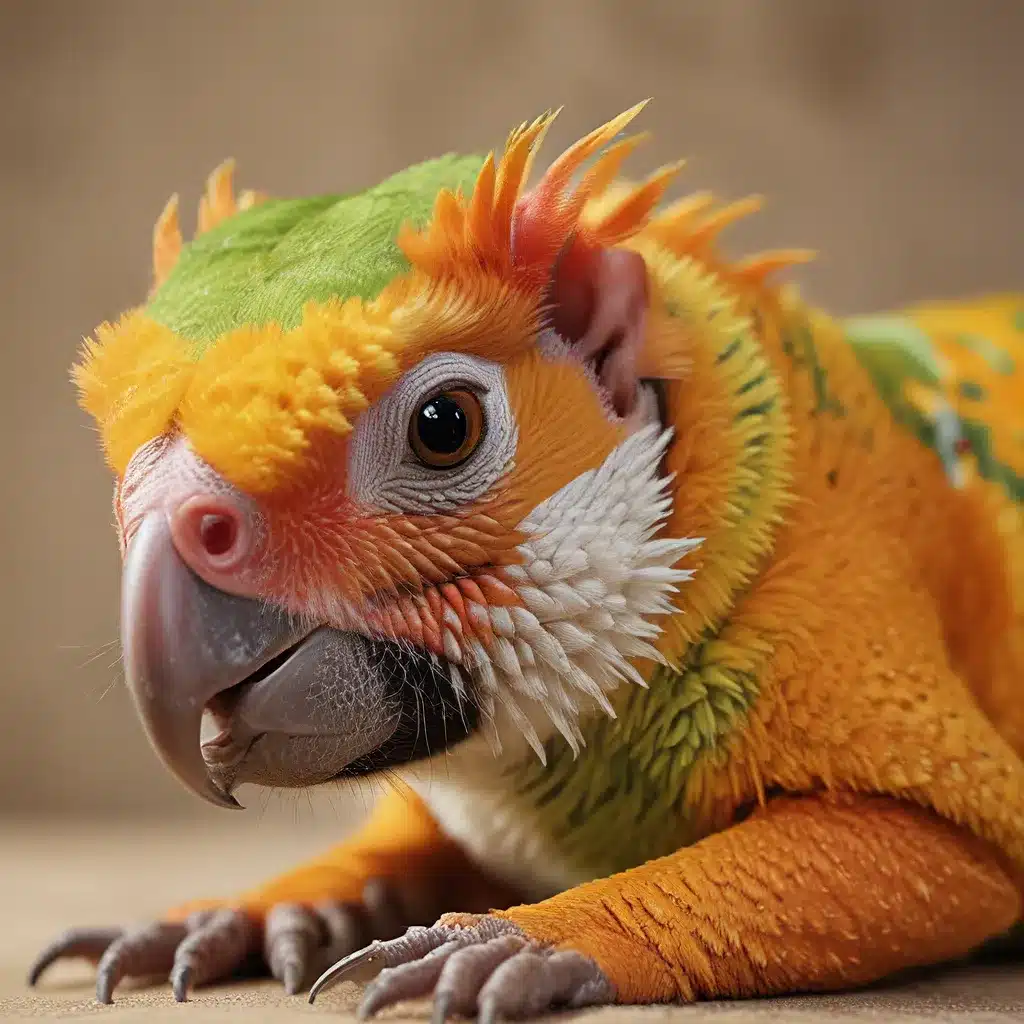
Exotic Pets and Home-Based Businesses: Navigating the Legal Aspects
Have you ever dreamed of starting your own exotic pet business? The allure of cuddly kangaroos, majestic giraffes, or graceful gazelles can be hard to resist. But before you dive headfirst into this wild world, there are some critical legal aspects you need to navigate.
Let’s embark on a journey through the complex landscape of exotic pet ownership and entrepreneurship. We’ll uncover the hidden regulations, potential pitfalls, and surprising opportunities that could make or break your home-based exotic animal business.
Exotic Pets: The Wild, the Wonderful, and the Legally Complicated
When it comes to exotic pets, the state of Texas is truly a Wild West. From the sprawling ranches of the Hill Country to the brush-covered plains of South Texas, these non-native creatures roam freely – and the laws governing them are as diverse as the animals themselves.
According to the Texas State Law Library, the rules around exotic and wild animals are largely left up to local governments. What’s perfectly legal in one city could land you in hot water just a few miles down the road. And the line between “pet” and “livestock” can get blurry fast when you’re dealing with species like emus, ostriches, and nilgai antelope.
One thing’s for sure: if you plan to house anything more exotic than a goldfish or a hamster, you better brush up on your municipal code. Because the last thing you want is to end up like that Tiger King guy, serving time for illegal animal ownership.
Exotic Pets as Home-Based Businesses: The Good, the Bad, and the Potentially Lucrative
Of course, some enterprising Texans have found a way to turn their passion for exotic critters into a profitable venture. Take the Ox Ranch in the Hill Country – a 18,000-acre playground for wealthy thrill-seekers who’ll pay top dollar to hunt everything from axis deer to kangaroos.
But before you start dreaming of building your own Disneyland for exotic game hunters, there are a few things to consider. For one, the legal landscape is a minefield. While Texas may be a haven for these non-native species, the rules around breeding, selling, and hunting them are anything but straightforward.
“Everyone has different skill sets and physical abilities,” says Brent Oxley, the owner of the Ox Ranch. But what he might call a “hunt of a lifetime” for a young hunter, animal lovers might deride as a “canned hunt” – a practice that’s highly controversial, if not always illegal.
And then there’s the question of conservation. While some argue that exotic game ranches are actually helping to preserve threatened species, others see them as little more than “breeding and killing grounds.” It’s a debate that’s unlikely to be resolved anytime soon.
Navigating the Legal Labyrinth: Tips for Exotic Pet Entrepreneurs
So, you still want to dive into the world of exotic pets and home-based businesses? Here are a few key tips to keep in mind as you navigate the legal landscape:
-
Know Your Local Laws: As we mentioned, exotic animal regulations can vary wildly from one city to the next. Make sure you thoroughly research the rules and restrictions in your area before you bring home that baby giraffe or start advertising your axis deer hunts.
-
Understand the Difference Between Pets and Livestock: In Texas, exotic animals are often classified as “livestock” rather than traditional pets. This can have major implications for things like taxes, zoning, and even your ability to sell or breed the animals.
-
Be Prepared for Extra Paperwork and Permits: Depending on the species, you may need special licenses, permits, or even certificates of veterinary inspection just to own your exotic pets. Don’t assume you can just bring home a kangaroo and call it a day.
-
Consider the Conservation Angle: If you’re looking to get into the exotic animal business, think about how you can position your venture as a conservation effort. Many ranchers have found success by promoting their role in preserving threatened species.
-
Tread Carefully with Hunting and Breeding: The laws around hunting and breeding exotic animals are a tangled web. Make sure you understand the local, state, and federal regulations before you start offering any kind of “canned hunt” or commercial breeding services.
At the end of the day, running an exotic pet business in Texas is not for the faint of heart. But with the right legal know-how and a commitment to responsible stewardship, the rewards can be truly wild. Who knows – maybe you’ll be the one to open the first exotic pet home-based business that everyone’s talking about.
Just remember to keep those kangaroos on a short leash (figuratively, of course) and watch out for those pesky local ordinances. After all, you don’t want to end up in the slammer alongside Joe Exotic, do you?

